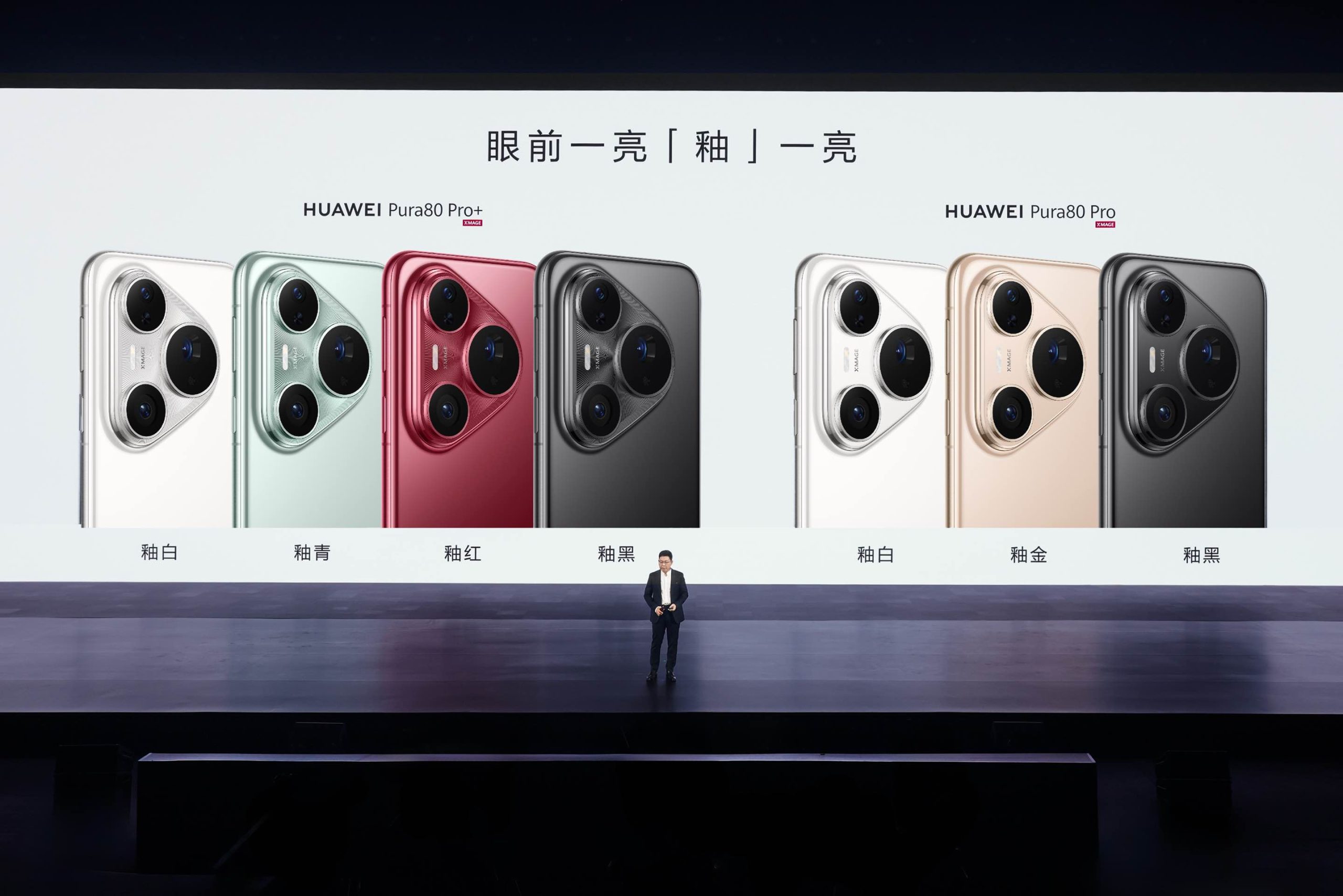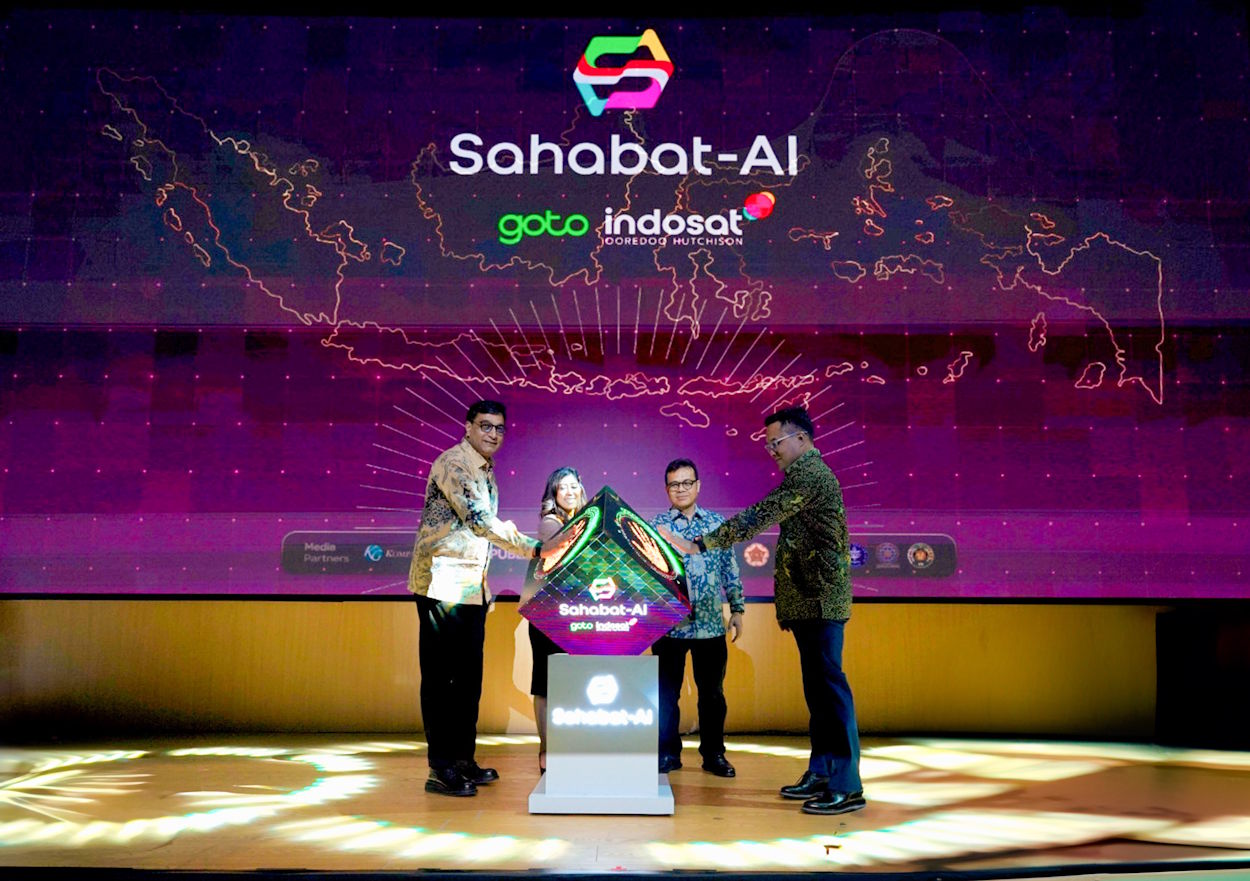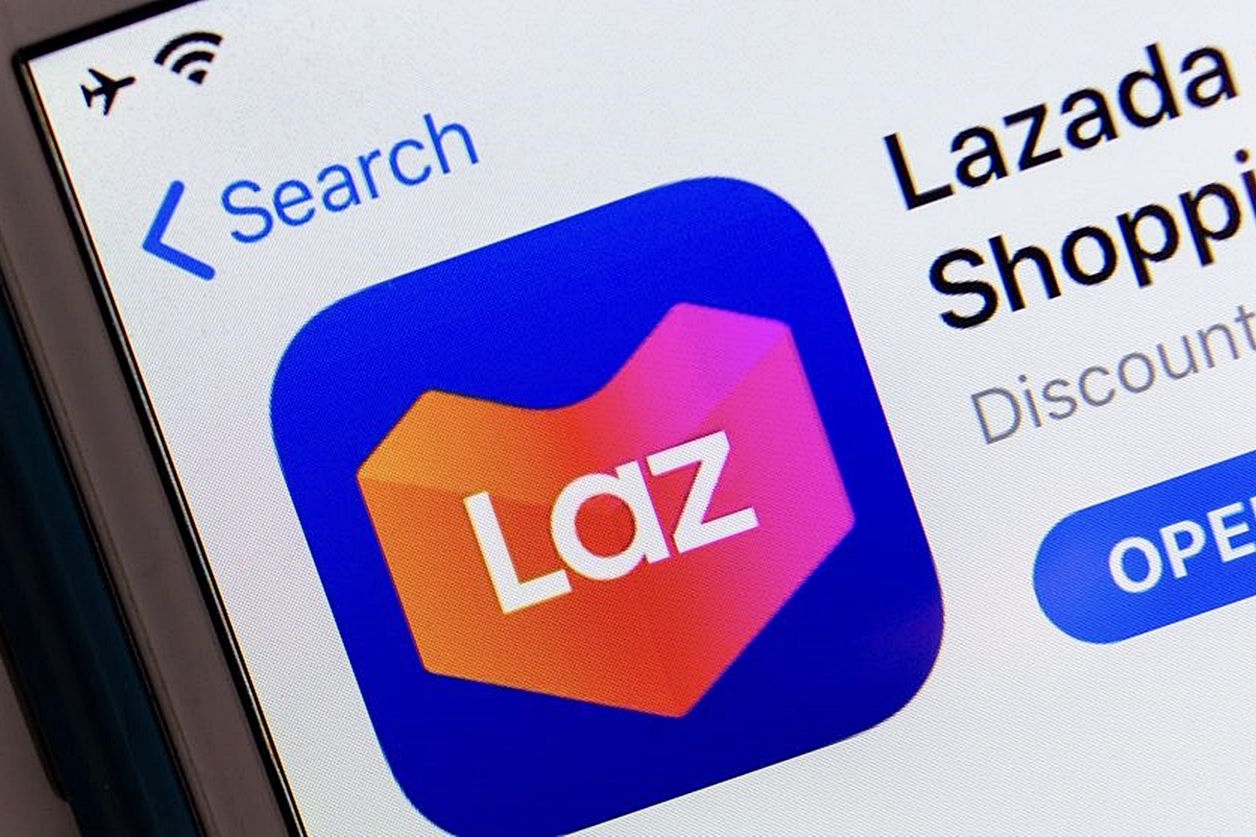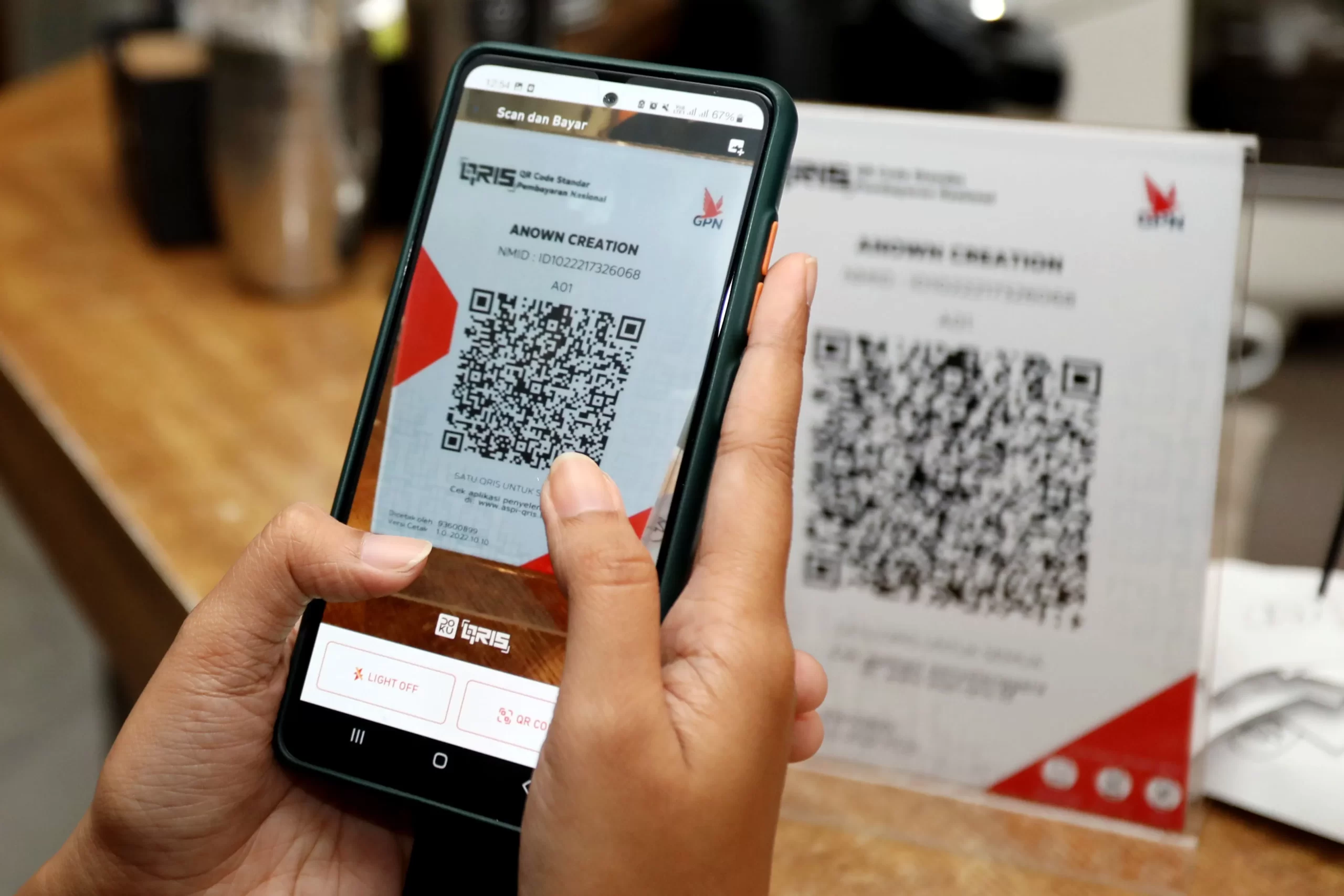
Currently, there is a significant dynamic evolving in the on-demand industry sector in Indonesia, particularly concerning the status of partners and the structure of commissions they receive. This ongoing development is reshaping the way partnerships are managed and how financial incentives are distributed within the market.
In a proactive move to shape the future of Indonesia’s digital economy, Grab Indonesia recently hosted an open forum titled “Dynamics of the On-Demand Industry in Indonesia: Driver Partnership Status and Commission”. Held in Jakarta, the forum brought together leading economists, legal scholars, and digital mobility associations to discuss the challenges and policy needs of the fast-growing gig economy.
The session addressed rising public discourse around the nature of driver-platform relationships and debated whether ride-hailing drivers should be classified as employees or independent partners. Central to the conversation was the role of regulatory frameworks in either supporting or stifling innovation, with a focus on sustainable economic development and social protection.
A Buffer Amid Economic Uncertainty
According to Fithra Faisal Hastiadi, Executive Director of Next Policy and lecturer at Universitas Indonesia, Indonesia’s formal employment sector saw the termination of over 96,000 workers between January 2024 and April 2025, largely due to cost pressures across various industries.
“In such conditions, on-demand platforms have emerged as a vital economic buffer. They provide flexible income opportunities for displaced workers while supporting a tech-based microenterprise ecosystem,” said Fithra. “However, equating platform drivers to traditional employees overlooks the nuances of this model. These individuals operate independently and play a pivotal role in our digital economy.”
Fithra stressed the need for adaptive policies that reflect the evolving nature of digital labor—policies that go beyond binary employment definitions and instead offer drivers tailored protections, such as health insurance and vocational upskilling.
Legal Clarity on Driver-Platform Relations
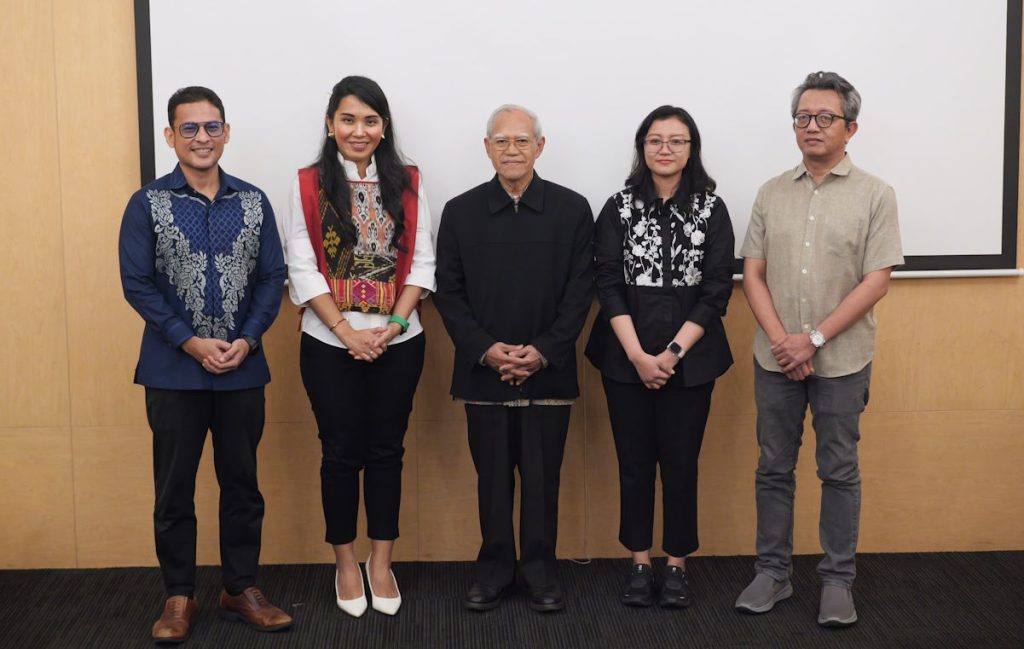
Prof. Dr. Aloysius Uwiyono, a labor law expert from Universitas Trisakti, clarified the legal perspective underpinning digital platform work in Indonesia. Under current legal doctrine, there are three recognized types of work agreements: service agreements, contracting agreements, and employment agreements.
“From a legal standpoint, the relationship between online drivers and platforms falls under service agreements. These are business-to-business partnerships where drivers, who own their own vehicles, use the platform’s technology to deliver services,” Prof. Uwiyono explained. “This is a horizontal relationship—not one of employer and employee.”
He also noted that countries treating drivers as employees often lack a formal legal distinction for workers, whereas Indonesia already has a clear legal framework in place.
Protect Innovation, Ensure Protection
Eisha Maghfiruha Rachbini, Program Director at INDEF (Institute for Development of Economics and Finance), warned against hastily imposed regulations that could stifle innovation in Indonesia’s growing digital services sector.
“Government policy must strike a balance. It should not discourage technological progress while still ensuring that all workers, regardless of formality, receive adequate social protection,” she emphasized.
Similarly, Agung Yudha, Executive Director of Modantara (Indonesia Digital Mobility and Delivery Association), called for a regulatory structure that supports both platform growth and inclusive welfare.
“Our sector supports a digital ecosystem of more than five million stakeholders—from drivers to micro-entrepreneurs. Regulation must reflect this complexity, balancing consumer rights, partner welfare, and platform sustainability,” Agung noted.
Grab’s Commission Policy: Clarifying the Misconceptions
Tirza Munusamy, Chief of Public Affairs at Grab Indonesia, clarified the company’s stance on commission rates and partnership models, emphasizing Grab’s commitment to fairness and transparency.
“Grab has never charged more than 20% commission to its driver-partners, consistent with Indonesia’s Ministry of Transportation regulation KP 1001/2022,” Tirza said. “Unfortunately, there has been confusion in how commissions are calculated. They should be based on the base fare—not the total fare paid by customers, which includes platform fees and carbon offset charges.”
Grab’s revenue model comprises:
- A service fee (commission) deducted from driver earnings based on base fares.
- A platform fee charged to consumers for using the Grab app.
Tirza noted that a portion of these earnings is reinvested into platform innovation and driver benefits, including accident insurance, operational support, and capacity-building programs.
Toward Contextual Regulation in the Gig Economy
The forum concluded with a unified message: Indonesia’s on-demand economy must not be confined within traditional regulatory models. Instead, it calls for contextual, inclusive, and adaptive policy frameworks that address the realities of platform-based work.
Grab reiterated its commitment to open dialogue with stakeholders—including drivers, industry leaders, and policymakers—to co-create a balanced and future-proof ecosystem.











